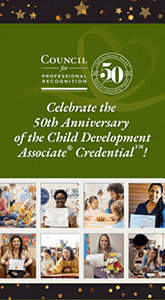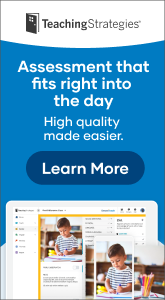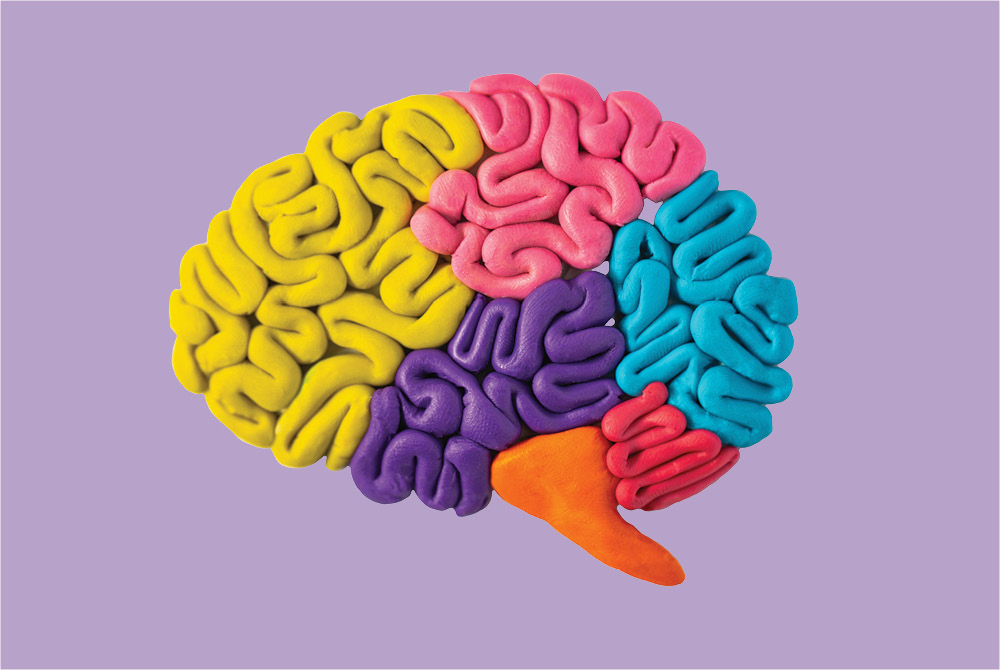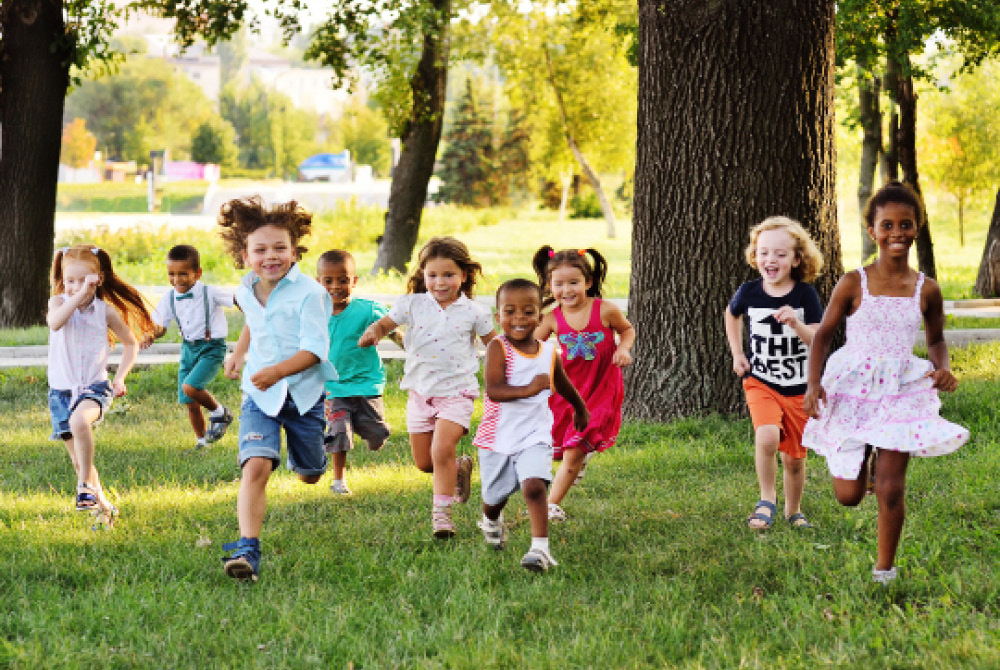April 30, 2024
How Should We Handle Gun Play?
We cannot all succeed when half of us are held back.
– Malala Yousafzai, Pakistani female education activist
In a newsletter from the Children’s Community School in Philadelphia, founder Merryl Gladstone discussed her struggles with allowing gun play in early childhood programs. She shared some insights from Elizabeth Criswell, who had presented a presentation at NAEYC on the same topic. Gladstone wrote:
“She [Criswell] turned to research and learned that gun or weapon play is a universal truth in early childhood. Studies where gun play is permitted show a short spike in aggressive behavior, but then this behavior notably recedes as the games are allowed to progress. Lastly, her research affirmed that ‘aggressive,’ rough and tumble play, play fighting have been consistently linked to increased social competencies. In the end, Elizabeth found that as it was in the studies she read, when gun play is allowed and is treated like any other type of play, it eventually moves from high interest to the periphery.”
In the Exchange Reflections, Exploring Consent and Power with Gun Play, based on an article by Mike Huber, the possible drawbacks of simply banning gun play are explored:
“If a teacher simply bans the play because ‘We do not play with guns at school,’ the message the players receive is that whoever is in charge decides what happens. After all, the teacher does not ban other play that children choose simply because of the theme. The children are not actually being unsafe. They know they are not actually playing with guns, but rather pretending to play with guns. This can be a big distinction for the children playing. They know they could not bring real lions to school, but they can play lion. They could not actually fill the school with hot lava, but they can pretend there is hot lava in the school. So why can they not pretend to use a gun? The most likely answer is because the teacher has declared that they cannot. Therefore, the message is, ‘The person in power decides what happens.’
Looking into the future, this is a dangerous message for any child to grow up with. Some day these children may grow up to find themselves in power. Do they get to be the one who decides what happens to other people? If they are subordinate to someone, do they have to follow that person’s wishes?” And Huber offers a number of issues related to gun play that he encourages early educators to consider carefully.
Share with the hashtag #ExchangeEveryDay
Print Friendly
Related
By Jamie Bonczyk, John Everett Till and Trinette Potts












